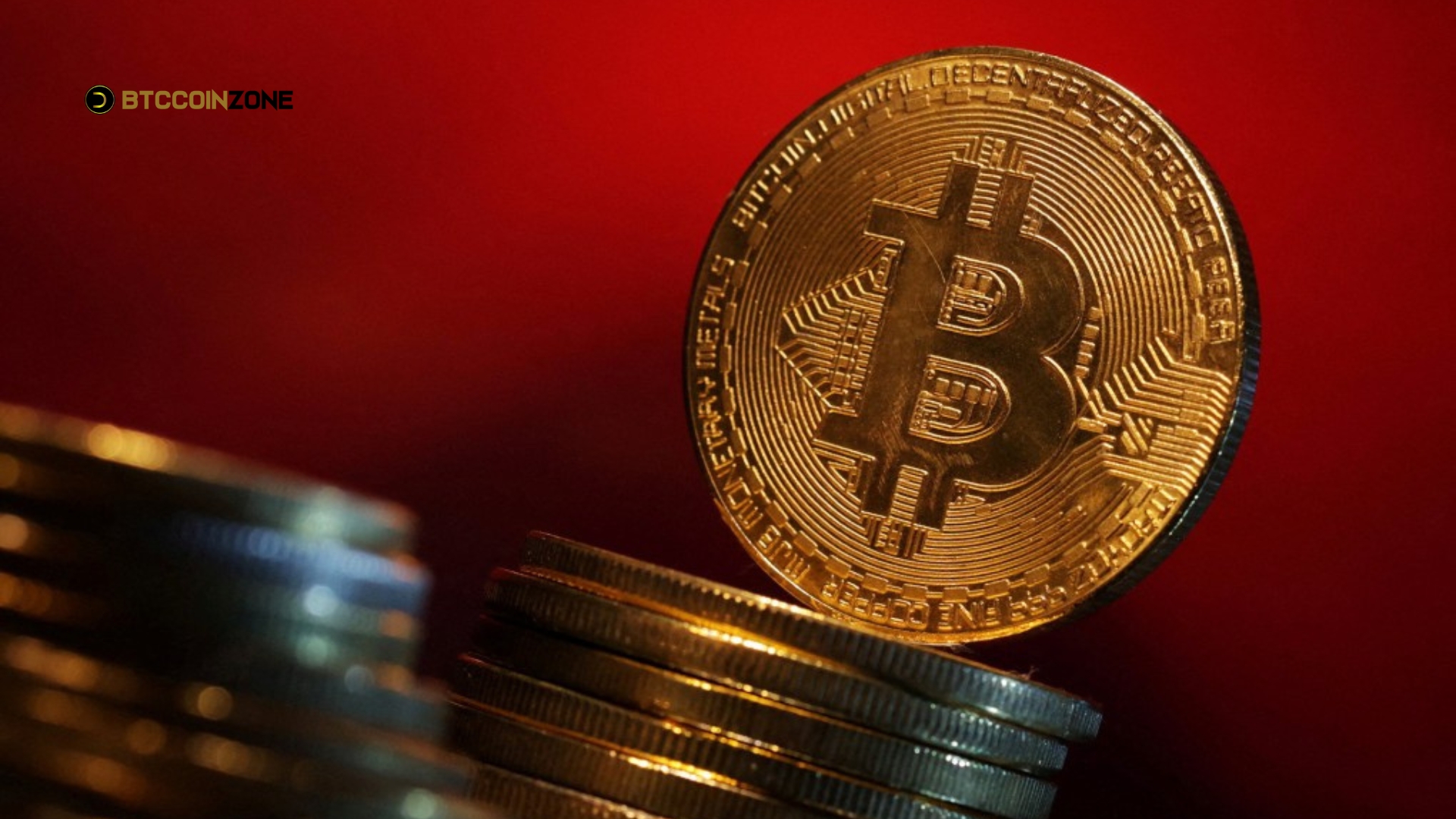Hong Kong Crypto ETFs Miss US Excitement

There was much anticipation for April 2024, when Hong Kong’s Bitcoin and Ether-based ETFs were slated to start, as a daring move toward making the city a digital asset hub. Despite the recent net inflows of nearly $12 billion into U.S. spot Bitcoin ETFs, investor enthusiasm and trading activity in these products have lagged. Compared to the $4.6 billion in activity witnessed on the first day of U.S.-based ETFs, the inaugural day’s trading volume for Hong Kong’s ETFs only hit $12.4 million.
The analysts in Hong Kong have identified a few causes for the lackluster performance. First, since they were first to market, investors’ initial demand came from U.S.-based ETFs. Investors from the mainland cannot directly access these ETFs due to Hong Kong’s present regulatory structure, and China’s unclear position on cryptocurrency makes them wary. Regardless, analysts like Bloomberg Intelligence’s Rebecca Sin find a total asset value of $250 million to be encouraging. If Hong Kong maintains its current regulatory posture and market position, the outlook is still cautiously hopeful, with assets expected to exceed $1 billion in the next two years.
Hong Kong ETF Market Challenges
Hong Kong’s ETF market encounters multiple obstacles in its pursuit of becoming a preeminent crypto hub in Asia. Several important reasons are limiting the market’s potential, even though Bitcoin and Ethereum ETFs got things off to a promising start:

-
Regulatory Constraints: Although some restrictions exist, Hong Kong’s regulatory framework for crypto ETFs is rather progressive. There may be fewer new players in the market due to the city’s strict regulations for fund managers. Due to China’s attitude toward crypto trading, potential market growth is further hindered because mainland investors are not allowed to participate.
- Market Competition: Hong Kong’s ETF industry faces stiff competition against well-established financial hubs like Singapore and the United States. The demand for U.S. exchange-traded funds (ETFs) has been enormous, with heavy trading on launch days, so Hong Kong is under pressure to outperform. The U.S. market is a strong contender because of its bigger retail involvement and capacity to entice institutional capital.
- Investor Sentiment: Local investor mood is typically cautious, even if crypto trading in Asia is growing rapidly. Because digital assets are inherently volatile and subject to regulatory uncertainty, many prospective investors in Hong Kong are wary of crypto.
- Liquidity Issues: There are concerns about liquidity due to the limited first trading volumes of Hong Kong’s ETFs. When trading volumes are low, potential investors may be scared away from these ETFs, hurting their performance and making them less appealing.
While the outlook for Hong Kong’s crypto ETF market is cautiously optimistic, significant hurdles remain. The city’s ability to address these challenges will be crucial for attracting local and international investors.
Crypto ETFs Show Early Promise
However, the response to the first crypto ETF deployment in Hong Kong was relatively modest. In the U.S. market, there are some encouraging indicators. Since its inception in April 2024, the Bitcoin and Ethereum ETFs based in Hong Kong have swiftly amassed under management $250 million in assets. A figure seen as promising by experts. According to Bloomberg Intelligence analyst Rebecca Sin. The region may have room for long-term adoption and expansion, even though the debut didn’t spark. The same explosive excitement as U.S. crypto ETFs. This is because the assets have been steadily growing.
As the crypto ETF ecosystem in Hong Kong continues to grow. The city-state may cement its role as a digital asset powerhouse in Asia. This is particularly true given the regulatory framework’s goal of luring more institutional investors. According to observers, Hong Kong’s cryptocurrency exchange-traded fund (ETF) market might reach about $1 billion in the next two years. This is assuming, of course, that the current upward trend in momentum stays the same.
In Summary
In April 2024, Hong Kong began offering exchange-traded funds (ETFs) based on Bitcoin and Ether to become a center for digital assets. On the first day, however, trading volume was a meager $12.4 million, much below the $4.6 billion seen for U.S. ETFs. According to analysts, many factors have contributed to this dismal performance, such as stiff competition from U.S. exchange-traded funds (ETFs), regulatory restrictions that discourage mainland Chinese investors, wary sentiment among local investors, and problems with liquidity.
Despite these obstacles, analysts see the ETFs’ $250 million asset accumulation as a positive indicator. Assuming trends persist, the market might see assets surpass $1 billion in the next two years, maintaining a cautiously positive stance. Hong Kong must overcome these obstacles to attract local and international investors and establish itself as a leading cryptocurrency hub.
Also Read: Chinese Telecom Coolpad Group buys Bitcoin miners for $13.5m
[sp_easyaccordion id=”2548″]




